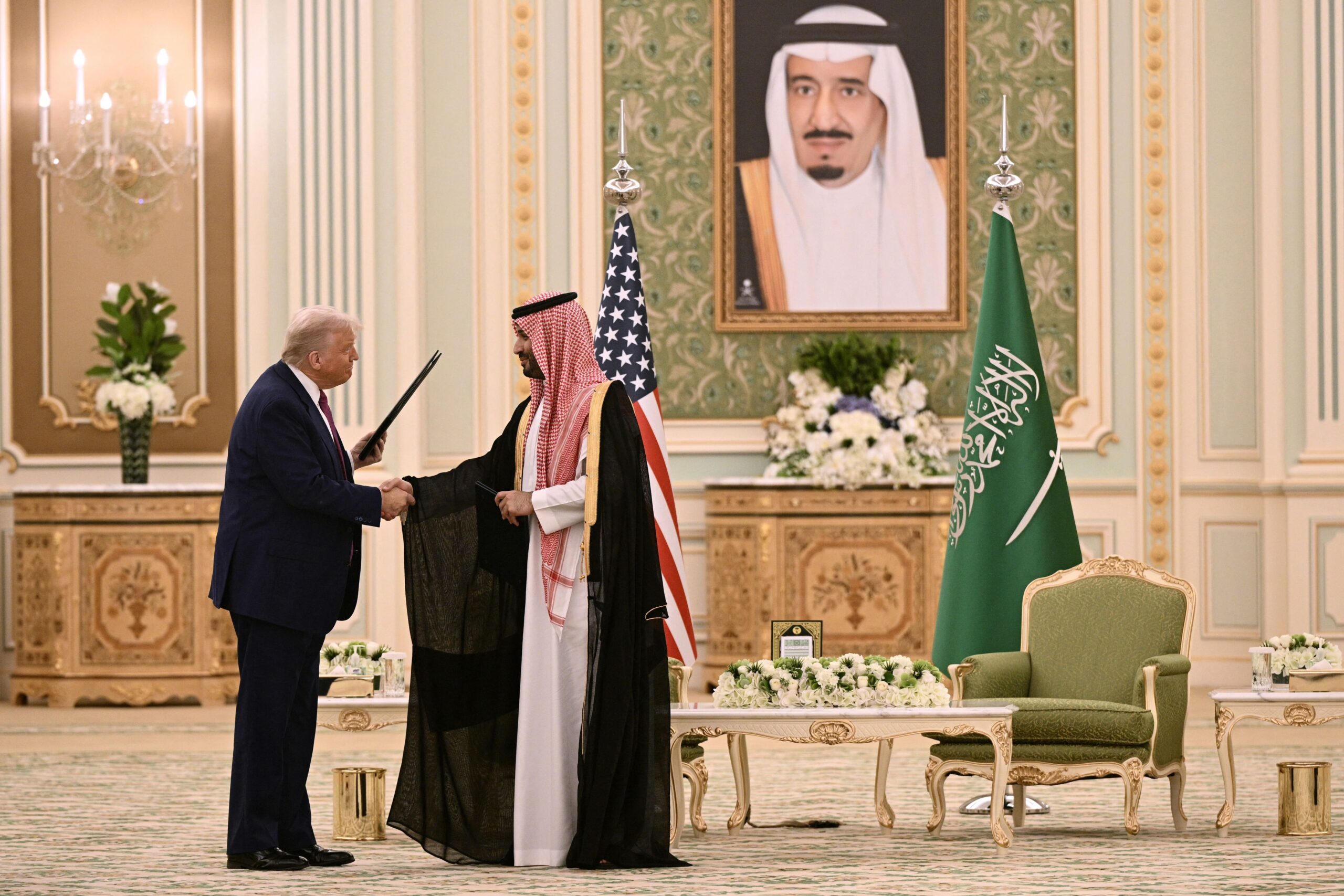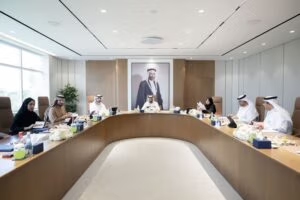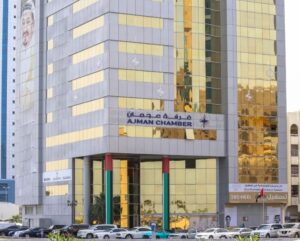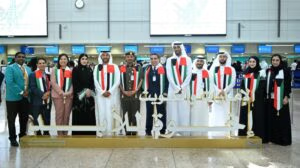In a landmark announcement during U.S. President Donald Trump’s visit to Saudi Arabia, the Kingdom pledged a $600 billion investment in the United States over the next four years. This commitment encompasses a wide array of sectors, including technology, energy, defense, healthcare, and infrastructure, marking a significant deepening of economic and strategic relations between the two nations.
Key Areas of Investment
Technology and Artificial Intelligence
Saudi Arabian companies, such as DataVolt, are set to invest $20 billion in AI data centers and energy infrastructure across the U.S. Major tech firms, including Google, Oracle, Salesforce, AMD, and Uber, have collectively committed $80 billion towards cutting-edge technologies in both countries.
Energy and Infrastructure
General Electric (GE) Vernova is set to export gas turbines and energy solutions valued at $14.2 billion. Additionally, Boeing will supply 737-8 passenger aircraft to AviLease, totaling $4.8 billion. Iconic American companies such as Hill International, Jacobs, Parsons, and AECOM are involved in key infrastructure projects in Saudi Arabia, including King Salman International Airport, King Salman Park, The Vault and Qiddiya City, amounting to $2 billion in U.S. services exports.
Healthcare Investments
Shamekh IV Solutions, LLC is investing $5.8 billion, including the establishment of a high-capacity IV fluid manufacturing facility in Michigan.
Defense Cooperation
The United States and Saudi Arabia have signed a historic defense sales agreement valued at nearly $142 billion, the largest in U.S. history. This comprehensive package includes advanced air and missile defense systems, maritime security technologies, and extensive training programs. It aims to enhance Saudi Arabia’s defense capabilities and regional security.
Strategic and Cultural Collaborations
Energy Sector Cooperation: The U.S. Department of Energy and Saudi Arabia’s Ministry of Energy have concluded an agreement to collaborate on energy infrastructure development, focusing on innovation and deployment.
Space Exploration: NASA and the Saudi Space Agency have partnered to launch a CubeSat on NASA’s Artemis II mission, aiming to study space weather phenomena.
Cultural and Educational Exchange: The Smithsonian Institution has signed two key agreements with Saudi Arabia’s Royal Commission for AlUla. The first involves collaborative research and an upcoming exhibition at the National Museum of Asian Art, showcasing artifacts from the ancient city of Dadan in AlUla. The second, with the Smithsonian’s National Zoo, focuses on conserving the endangered Arabian leopard, including plans to create a dedicated exhibit in Washington, D.C.
Modernize Air Transport: The United States and Saudi Arabia have updated their Air Transport Agreement, granting U.S. airlines the ability to transport cargo between Saudi Arabia and third countries without first stopping in the U.S. – a key advantage for developing cargo hub operations. In return, Saudi carriers will enjoy the same rights for flights serving the U.S.
This unprecedented investment underscores Saudi Arabia’s Vision 2030 initiative, aiming to diversify its economy and reduce dependence on oil exports. The U.S. benefits from enhanced trade relations, job creation, and technological advancements. The total package of agreements, now exceeding $600 billion, is the largest set of commercial agreements between the two countries, signaling a new era of partnership and mutual prosperity.
President Trump’s administration continues to prioritize strengthening international partnerships, with this deal exemplifying a significant step in fostering long-term economic and strategic alliances.






